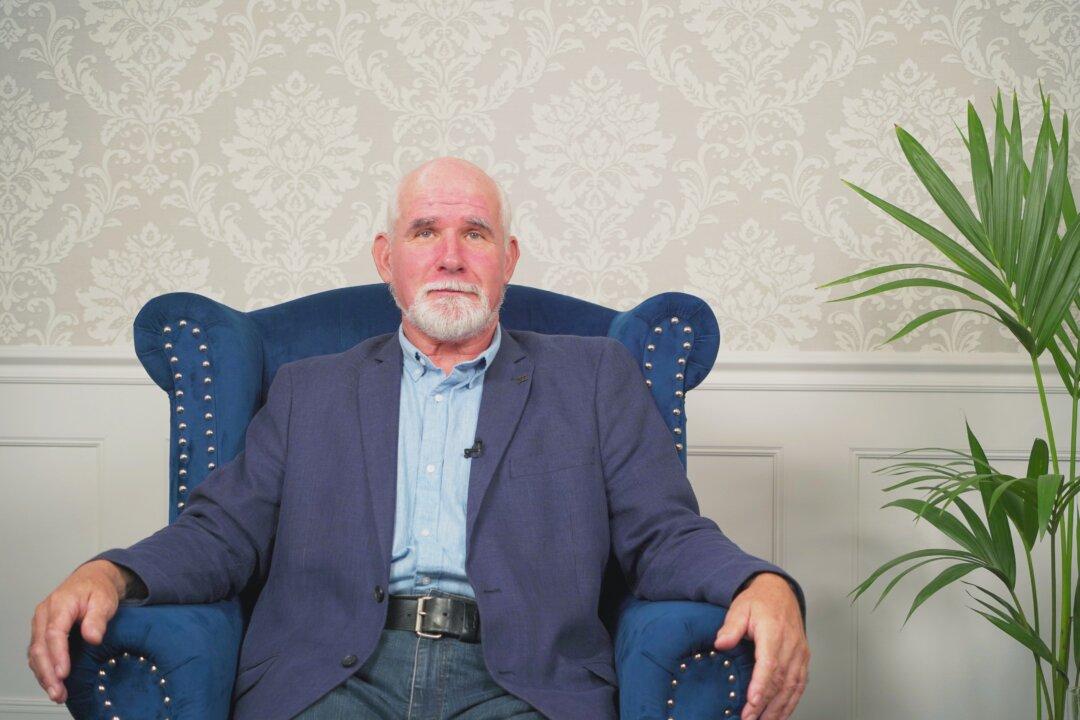Working-class fathers are disproportionately affected by “gender vigilante domestic violence agencies” that act as the gateway to family courts, according to Vincent McGovern.
The author, shared parenting campaigner, and family court Mckenzie Friend of 11 years told NTD’s “British Thought Leaders” programme about his own experience of being barred from seeing his children over evidence of domestic violence that he had not seen, and that “very few” fathers who find themselves in the same situation are able to get the evidence brought out as he managed to do.






